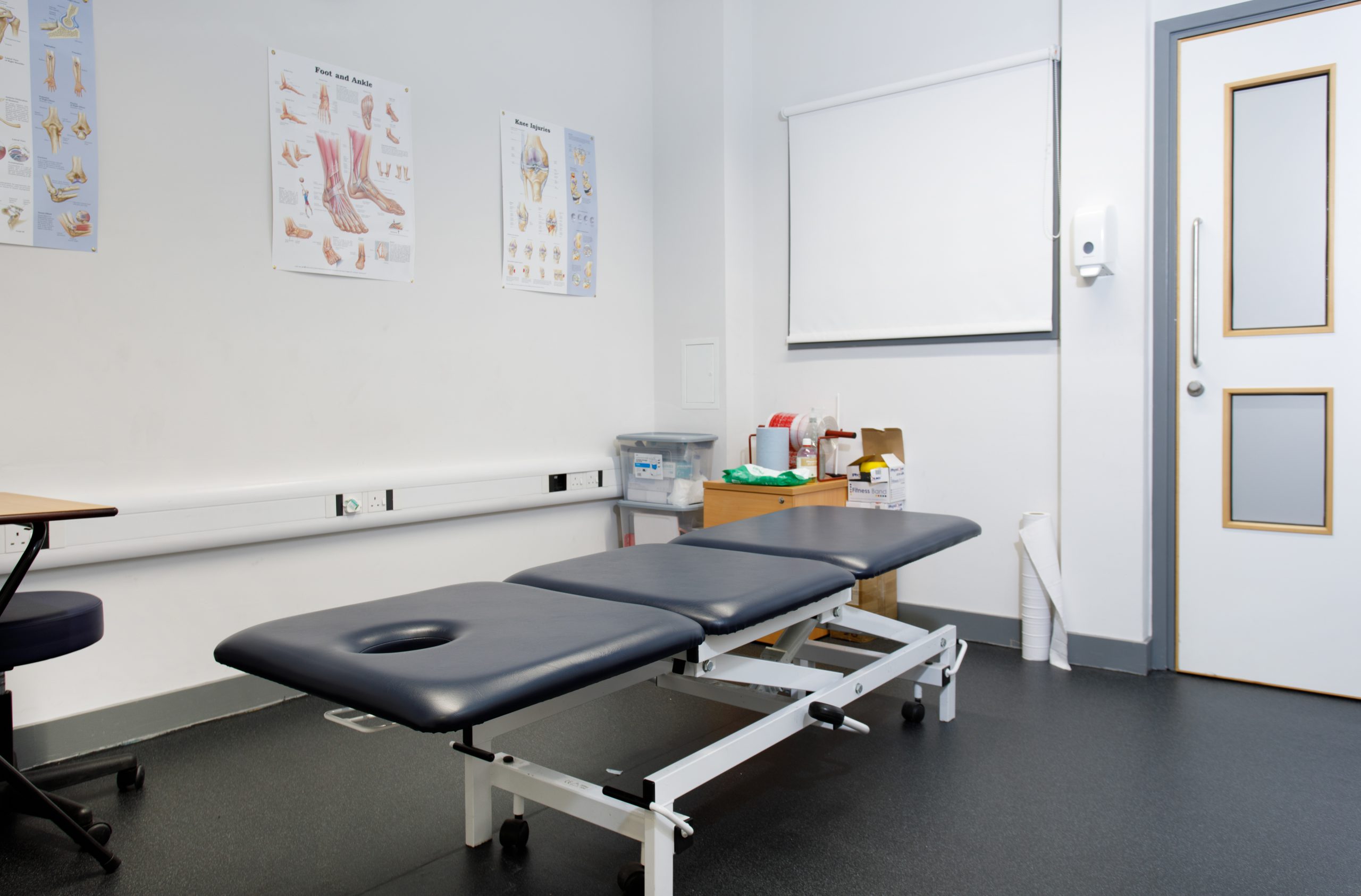Understanding the Timeless Appeal of Acupuncture
Acupuncture has traveled a remarkable path from its origins in ancient China to its place in modern wellness culture. In recent years, acupuncture bangkok has gained exceptional popularity as residents, tourists, and long-term expats discover how powerful this holistic approach can be for pain relief, stress management, and overall recovery. The city’s rich blend of Eastern tradition and contemporary healthcare innovation makes it the perfect environment for acupuncture to thrive. With Bangkok becoming a global hub for wellness, more people are seeking natural, noninvasive alternatives to medication, injections, and surgery. This is where highly trained practitioners integrate age-old knowledge with modern techniques, offering safe and effective treatments tailored to each individual’s needs.
Ancient Origins and Modern Applications of Acupuncture
Acupuncture is deeply rooted in Traditional Chinese Medicine (TCM), which teaches that the body functions best when Qi—its vital energy—flows smoothly through meridians. When these energy pathways become blocked, disharmony and pain arise. By inserting fine needles into specific points, practitioners aim to restore balance and stimulate the body’s innate healing mechanisms. Today, acupuncture has evolved far beyond a traditional practice. Modern clinics in Bangkok apply evidence-based methods supported by scientific research. Treatments are commonly sought for musculoskeletal pain, chronic inflammation, migraines, hormonal imbalance, digestive issues, insomnia, and emotional stress. The integration of TCM with physiotherapy, dry needling, and myofascial techniques has transformed acupuncture into a versatile and powerful component of modern rehabilitation.
Why Bangkok Has Become a Center for Acupuncture Excellence
Bangkok stands out as a world-class destination for acupuncture due to its exceptional access to skilled practitioners, advanced clinics, and a wellness-focused culture. Many licensed therapists are trained both in traditional Asian healing arts and in Western anatomical and physiological sciences. This dual expertise allows treatments to be deeply rooted in heritage while remaining aligned with global healthcare standards. Additionally, the fast-paced lifestyle of Bangkok—with long work hours, heavy traffic, and urban stress—drives residents to seek natural ways to restore balance and eliminate pain. As a result, acupuncture bangkok has expanded across the city, especially in areas such as Sukhumvit, Asoke, Thonglor, and Silom, where both locals and international visitors look for high-quality wellness care.
The Role of Form Recovery & Wellness in Modern Acupuncture Care
Form Recovery & Wellness has become one of the leading physiotherapy and acupuncture centers in Asoke, Bangkok. The clinic’s mission is to help people live and move pain-free without relying on medication, injections, or surgery. Their licensed therapists create personalized recovery plans that may include physiotherapy, dry needling, acupuncture, cupping therapy, and Traditional Chinese Medicine. What sets this clinic apart is its integrated approach: instead of viewing acupuncture as a standalone treatment, practitioners combine it with modern rehabilitation techniques to accelerate healing, reduce inflammation, and restore functional movement. This comprehensive method allows clients to address the root cause of pain rather than simply manage surface symptoms.
How Acupuncture Supports Pain Relief and Physical Recovery
Acupuncture is widely known for its ability to relieve pain, but the mechanisms behind it are often misunderstood. When fine needles are inserted into the skin, they stimulate nerve endings, muscle fibers, and connective tissues. This encourages the body to release natural chemicals such as endorphins, serotonin, and anti-inflammatory agents. These biochemical reactions help relax tight muscles, reduce nerve irritation, and increase blood circulation in targeted areas. In acupuncture bangkok clinics, therapists frequently combine acupuncture with physical therapy and mobility training to enhance recovery outcomes. For example, individuals suffering from neck stiffness, lower back pain, sports injuries, or shoulder impingement may experience faster improvement when acupuncture is paired with strength building and posture correction strategies.
The Difference Between Acupuncture and Dry Needling
Although acupuncture and dry needling both involve the use of fine needles, their purposes and approaches differ. Acupuncture is based on TCM principles and focuses on restoring energy flow through meridians. Dry needling, on the other hand, targets trigger points within muscles to release tension and treat movement dysfunction. Many clinics in Bangkok, including Form Recovery & Wellness, use both techniques depending on the patient’s condition. For muscle knots, sports injuries, or acute pain, dry needling may be recommended. For systemic issues such as stress, insomnia, hormonal imbalance, or digestive discomfort, acupuncture may be more effective. When used together, these methods create a powerful synergy that addresses both structural and energetic imbalances.
Cupping Therapy and TCM as Complementary Healing Techniques
Acupuncture is often complemented by other TCM practices such as cupping therapy. Cupping involves placing suction cups on the skin to draw blood flow to an area, relax muscles, and accelerate tissue repair. This makes it a popular choice for athletes and individuals experiencing chronic muscle tightness or fatigue. When combined with acupuncture, cupping enhances circulation, encourages lymphatic drainage, and prepares the body for deeper healing. The blend of acupuncture, cupping therapy, physiotherapy, and TCM allows patients in Bangkok to experience a holistic approach to wellness that treats the entire person—body, mind, and energy system.
Personalized Care and Treatment Experience in Bangkok Clinics
What makes acupuncture bangkok especially appealing is the personalized nature of care. Instead of applying a one-size-fits-all method, therapists assess each person’s lifestyle, stress levels, work habits, physical activity, and overall health. This individualized assessment forms the foundation of a targeted treatment plan. During a typical session, therapists may evaluate posture, mobility, muscle tension, and breathing patterns. Based on these findings, a combination of acupuncture, stretching, manual therapy, and corrective exercises may be recommended. The focus is not only on eliminating pain but also on preventing it from returning by addressing underlying imbalances.
The Growing Popularity of Acupuncture for Stress and Mental Wellness
Beyond physical pain relief, acupuncture is increasingly used in Bangkok to help manage stress, burnout, anxiety, and sleep problems. With busy lifestyles and constant digital stimulation, many individuals seek natural ways to restore emotional balance and improve mental clarity. Acupuncture helps regulate the nervous system, shifting the body away from a chronic stress response and into a state of rest and restoration. As a result, people often report feeling calmer, sleeping better, and experiencing greater emotional resilience. This makes acupuncture a valuable tool not only for physical recovery but also for long-term wellbeing.
Embracing Ancient Healing in a Modern Urban World
Acupuncture in Bangkok continues to evolve, blending centuries-old knowledge with modern therapeutic practices. The city’s advanced wellness culture and expert practitioners make it an ideal place to experience the transformative benefits of acupuncture. Whether seeking relief from pain, support during injury recovery, or a natural solution for stress and imbalance, acupuncture offers a powerful path to healing. With clinics such as Form Recovery & Wellness leading the way in integrated care, individuals can enjoy comprehensive treatment plans that combine physiotherapy, dry needling, cupping therapy, and TCM. By embracing both ancient wisdom and modern science, Bangkok has become a place where healing is accessible, effective, and tailored to the needs of today’s world.


